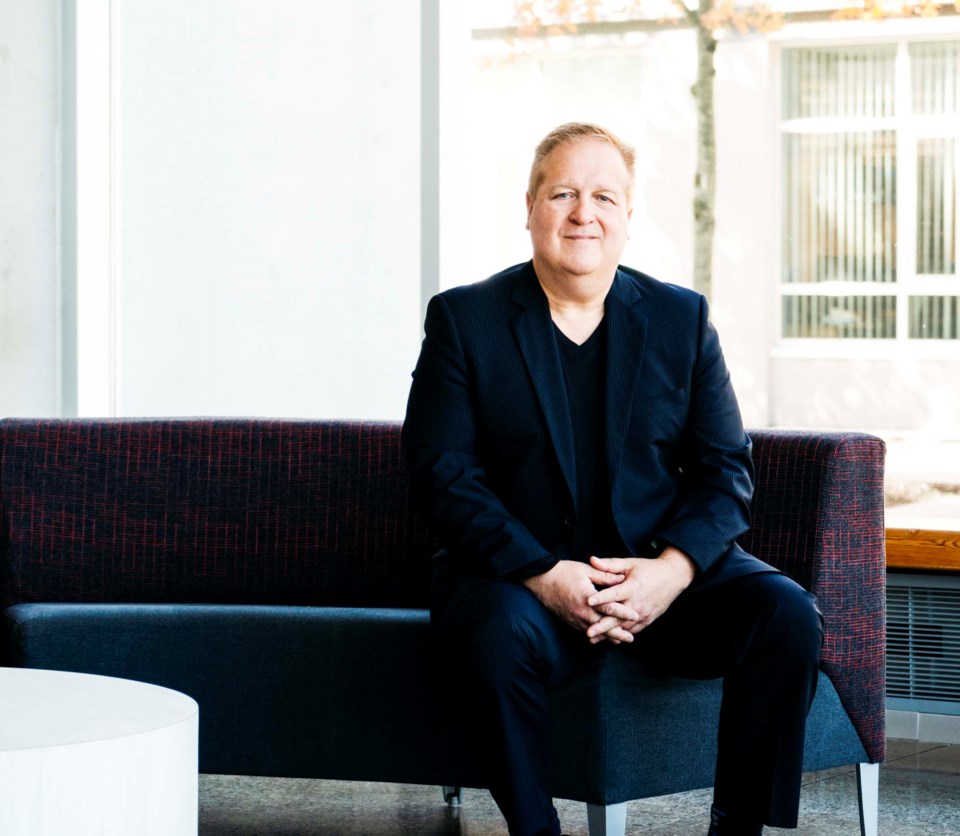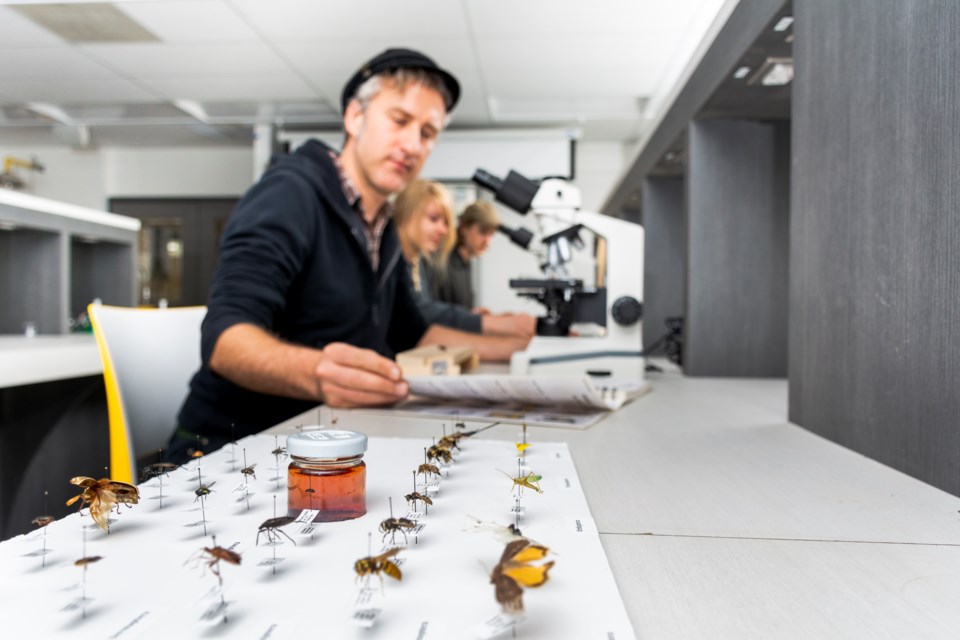They turned around their spring programing to online in lightning speed when the pandemic first struck and transitioned relatively seamlessly into its summer semester.
Now Kwantlen Polytechnic University (KPU) is gearing up for the fall in what will be a markedly different post-secondary landscape than what most students had in mind when graduating from high school this month.
KPU, which has a large campus in Richmond, is in the process of working out how a small portion of teaching for certain fall courses could have some face-to-face interactions.
However, unlike K-12 schools, which started receiving students through the doors today, the vast majority of its courses come September are still going to be delivered remotely via online.
“We shut down for two days in March when it all kicked up and basically came out in an online format for the rest of the spring semester,” said Dr. Sandy Vanderburgh, KPU’s Provost and Vice President Academic.
“In that short space of time, faculty had pivoted 180 degrees to offer the programming online. In the summer, we kept our regular timetable, offering almost 900 sections, mainly in remote format.
“There are a few little pockets where there are face-to-face interactions, but they’re very small numbers. We’ve set up very elaborate health and safety plans…(there are) flow lines in and out of the classrooms, (specific places) where they sit, where they can move, the PPE they have to wear.
“(In the fall), rather than lecturing for four hours in the block, (faculty will) maybe lecture for 45 minutes and the rest of the time have them involved in more flexible activities.”

Vanderburgh said there will have to be some face-to-face activities in some courses that are “impossible” to deliver without it.
He said that would include the Wilson School of Design at the Richmond campus, where the tech apparel students will be doing their final assessments, but following “a lot of detailed health and safety plans.”
Other programs which are likely to see some controlled, in-person activities in the fall are science-based courses, agriculture and the arts.
Another important aspect of the fall delivery will be how students are graded, given the majority of the programs being online.
In the spring, given the exceptional circumstances, KPU offered students the AE (aegrotat) grading system, whereby the grade point average (GPA) is neutral and represents a ‘pass’ standing in a course.
However, that is something Vanderburgh is keen to shift away from in the fall, with the university currently looking at software that would involve a “proctoring” system for grading.
“In an online environment, (the AE system is) something you want to move away from,” he said.
“The whole issue is around making sure the academic integrity is maintained. So that’s something we’re looking at…we’re encouraging our faculty to come up with different ways to assess their students.
“It’s important to have that final exam, because it can prepare them for writing their professional designation exams.
“We’re looking at different software for exam proctoring for remote exams. (The student) would have to show their I.D. card, so faculty would know it’s them. And some of that software can lock out students from going to different websites.
“We’re still figuring that out for the fall and the B.C. government has a working group on this, that we’re part of.”
Vanderburgh is also acutely aware that students will be missing out on the full post-secondary experience, including the social aspect.
“It’s going to be a different experience for sure, but we are looking at more ways to engage the students in other formats,” he added.
“We’re still looking at ways to help students engage with each other outside of the classroom, to get some of that post-secondary experience. It’s kind of what we need to do to help students.”
And, despite almost all programing going online, there will be no increase in virtual class sizes in the fall, said Vanderburgh, who said that KPU has managed to keep its enrolment up this summer, despite the restrictions, and expects the fall to follow a similar pattern.
The same goes for the international student cohort at KPU, which makes up roughly 30 per cent of the entire enrolment.
“Previously, international students couldn’t take courses online; now they’re allowed to take up to 50 per cent of it online,” explained Vanderburgh.
“We don’t really want to abandon them at this point as they bring a lot of multicultural benefit to the campuses.”



